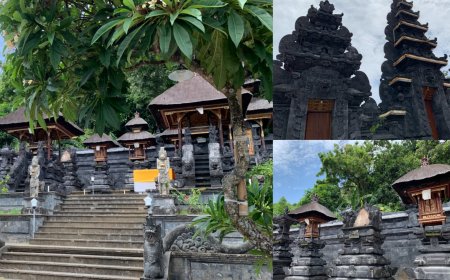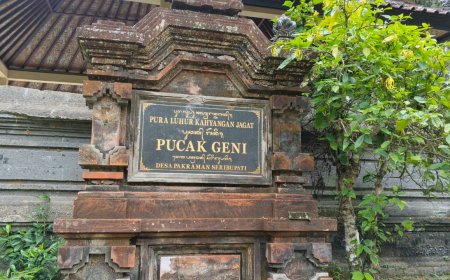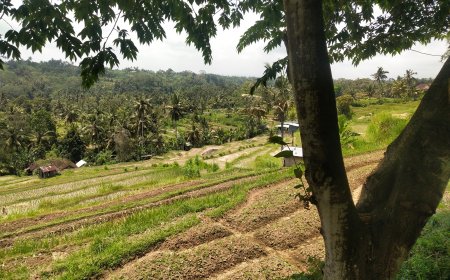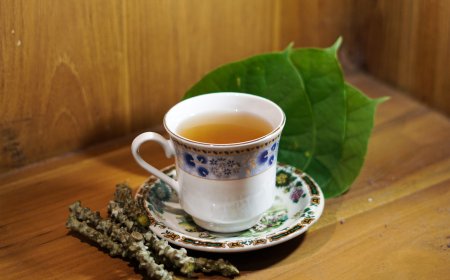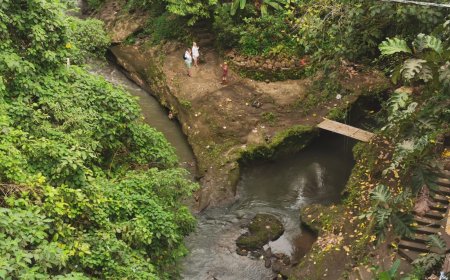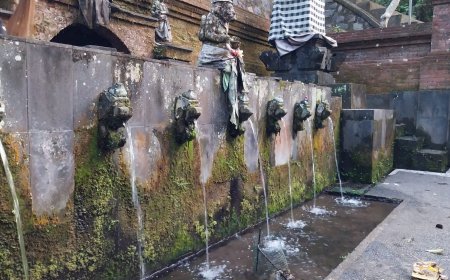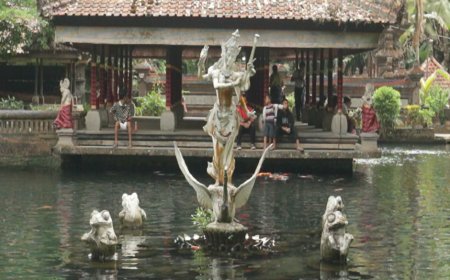Behind the Number Eleven: The Miracle of the Melukat Ritual at Pancoran Solas, Pelisan Temple, Kintamani
Pancoran Solas at Pelisan Temple, Kintamani, is a sacred site for Balinese Hindus to perform the melukat or purification ritual. Consisting of eleven water spouts, the site symbolizes spiritual perfection and balance between body, mind, and soul. The melukat procession is carried out through prayer and bathing under each spout until reaching the final stage of purification. The surrounding natural beauty, including views of Lake Batur, enhances both the spiritual power and the charm of Pancoran Solas as part of Bali’s cultural and spiritual heritage.
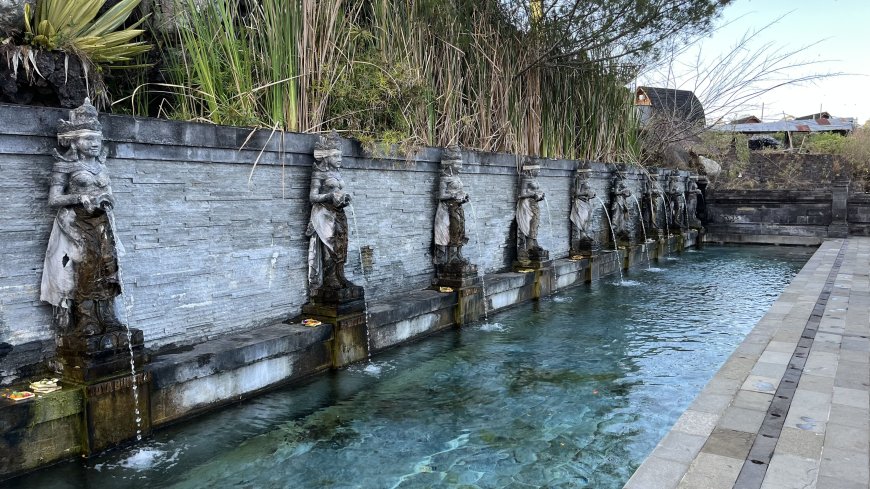
Pancoran Solas at Pelisan Temple is a temple complex and sacred bathing site located in the mountains of Kintamani, Bali. The name Solas means “eleven,” referring to the number of holy water spouts found here. The water flowing from each spout comes from clear mountain springs and is believed to hold spiritual power. For Balinese Hindus, melukat is not merely a physical act but an inner journey to purify oneself and draw the soul closer to Ida Sang Hyang Widhi Wasa (God Almighty).
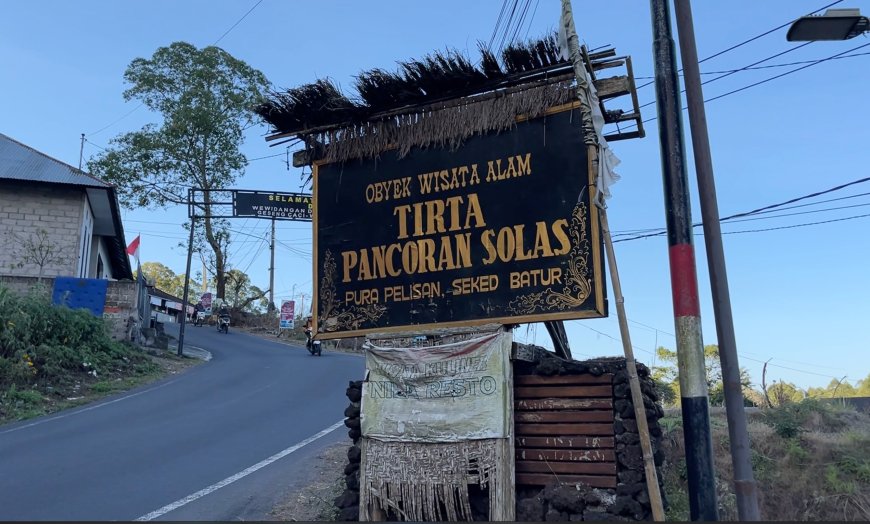 Signboard of Tirta Pancoran Solas (Photo Source: Personal Collection)
Signboard of Tirta Pancoran Solas (Photo Source: Personal Collection)
The melukat ritual holds deep meaning in the lives of Hindus. Through the sacred water spouts, devotees cleanse both body and mind from impurities. This practice is seen as a form of tapa brata—a spiritual discipline connecting humans, nature, and God. The melukat procession at Pancoran Solas is not only performed by locals but also attracts devotees from other regions and even international visitors seeking to experience Balinese spirituality.
 Changing Room Building (Photo Source: Personal Collection)
Changing Room Building (Photo Source: Personal Collection)
During the ritual, the local pemangku (temple priest) plays an important role as prayer leader. Before the procession begins, devotees seek blessings through prayer at the main shrine. The presence of the pemangku ensures the ritual is carried out in accordance with tattwa (philosophy) and susila (ethics) of Balinese Hinduism. The temple management also provides supporting facilities such as changing rooms, lockers, wantilan (pavilion), and rental of cloths and sashes, allowing worshippers to take part comfortably and orderly.
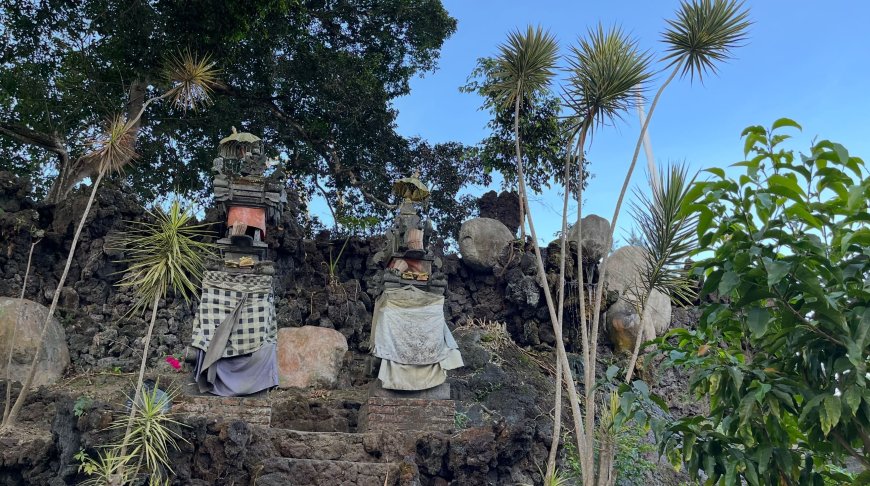 Shrine of Pancoran Solas (Photo Source: Personal Collection)
Shrine of Pancoran Solas (Photo Source: Personal Collection)
From a distance, the breathtaking view of Lake Batur frames this sacred site like a natural painting. The surrounding environment, filled with shady trees, fish ponds, and the soothing sound of water, creates harmony between nature and spirituality.
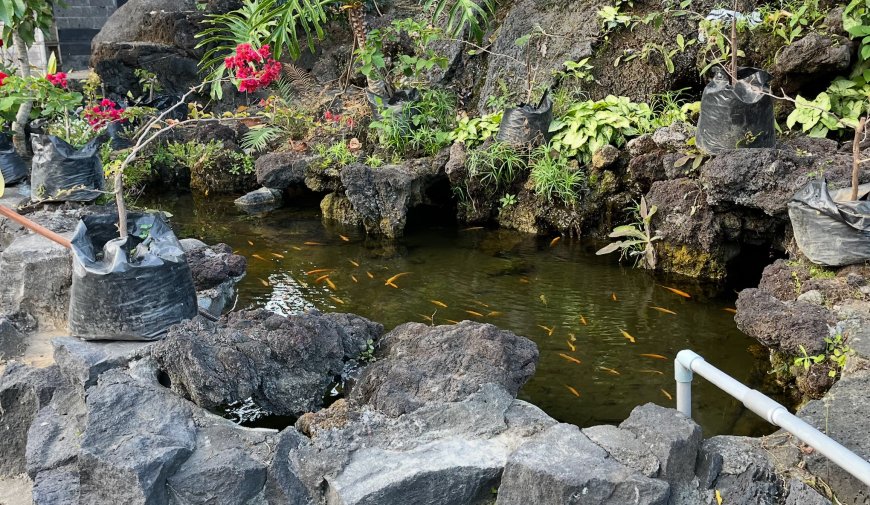 Fish Pond near Pancoran Solas (Photo Source: Personal Collection)
Fish Pond near Pancoran Solas (Photo Source: Personal Collection)
The melukat ritual can be performed daily, but on special occasions such as Saraswati, Banyu Pinaruh, Full Moon (Purnama), New Moon (Tilem), and Kajeng Kliwon, the number of devotees increases significantly. During these times, Pancoran Solas feels even more sacred, as worshippers collectively purify themselves, offer prayers, and seek life balance.
The uniqueness of Pancoran Solas lies in the symbolism of the number eleven. In Balinese Hindu philosophy, this number represents spiritual perfection: the balance of thought, speech, and action. Eleven is also associated with the dasaksara (ten sacred syllables) plus one, symbolizing unity with God. Thus, each water spout not only provides water but also embodies profound philosophical meaning.
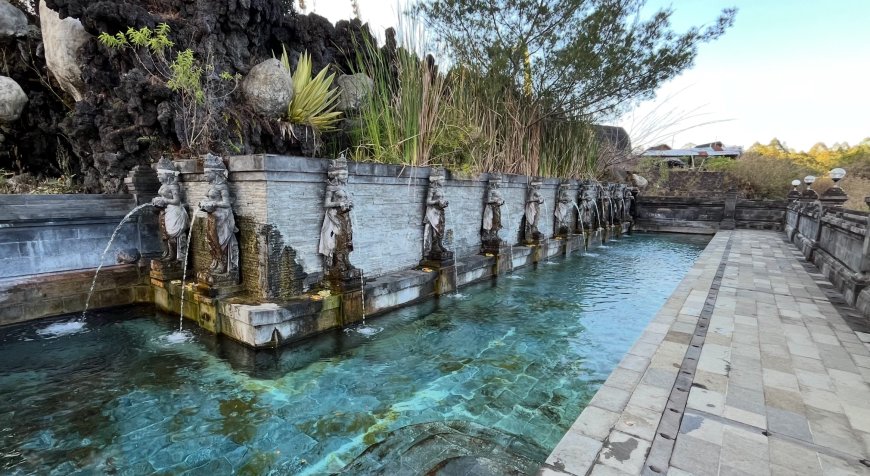 Melukat Spot at Pancoran Solas (Photo Source: Personal Collection)
Melukat Spot at Pancoran Solas (Photo Source: Personal Collection)
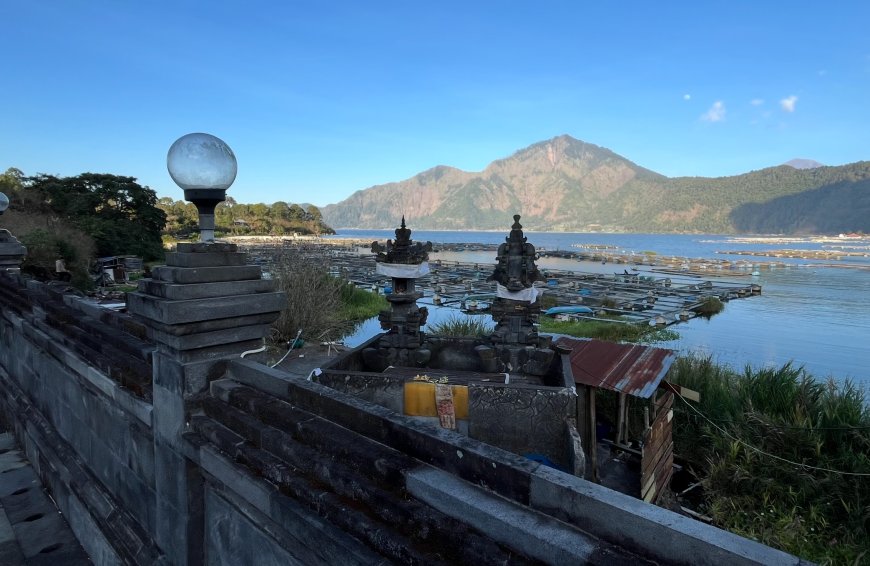 Lake Batur as seen from Pancoran Solas (Photo Source: Personal Collection)
Lake Batur as seen from Pancoran Solas (Photo Source: Personal Collection)
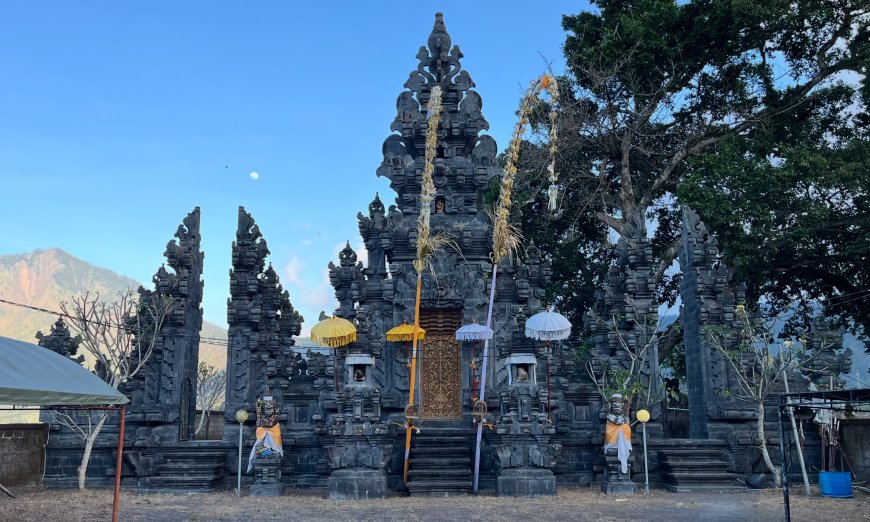 Gate of Pelisan Temple (Photo Source: Personal Collection)
Gate of Pelisan Temple (Photo Source: Personal Collection)
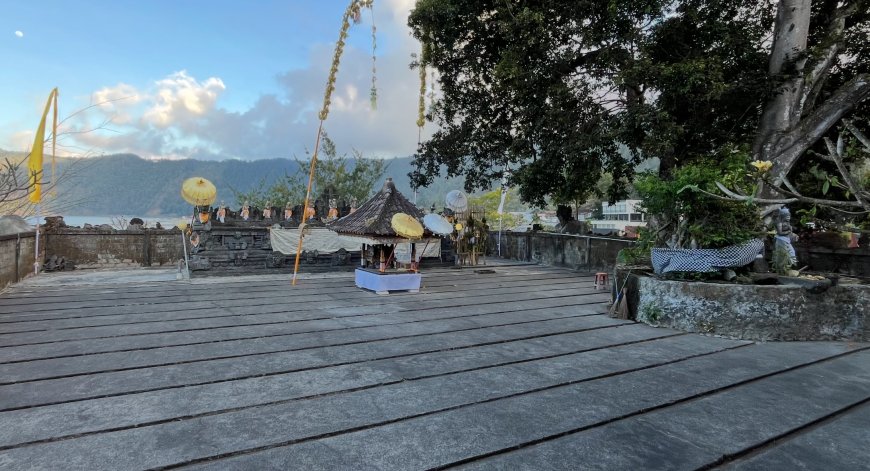 Prayer Spot (Photo Source: Personal Collection)
Prayer Spot (Photo Source: Personal Collection)
Many devotees report feeling transformed after melukat at Pancoran Solas. Some feel physically lighter, mentally clearer, and emotionally relieved. Others even experience deep spiritual encounters such as crying or sensing profound peace after completing the ritual. These are seen as signs of spiritual healing granted through the holy water.



